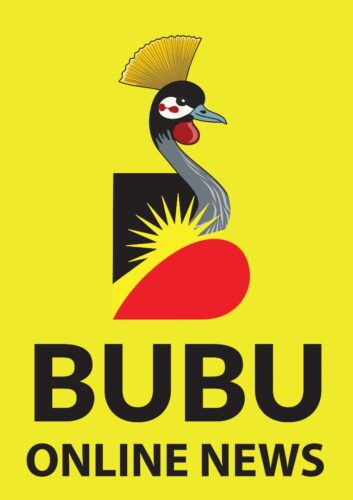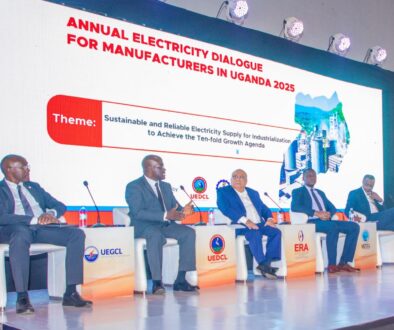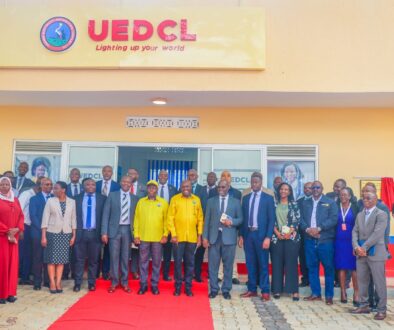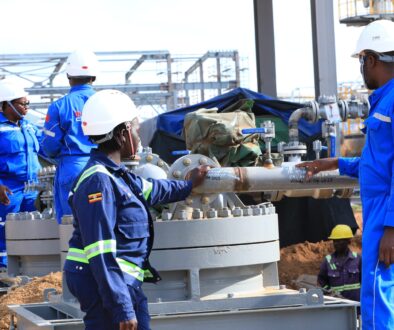Artificial Intelligence Solution Wins TotalEnergies Uganda Hackathon
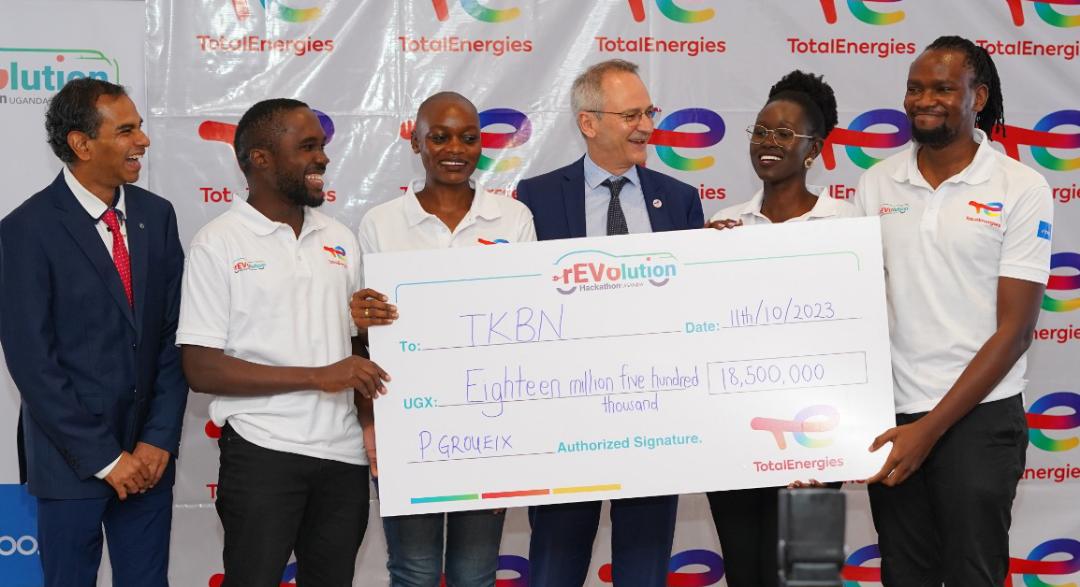
An innovative solution to use artificial intelligence to identify optimal locations for the installation of Electric Vehicle charging points has won the premier ‘TotalEnergies Uganda rEVolution hackathon’.
The solution presented by the TBKN team was announced winner at an awards ceremony recently held in Kampala.
The ceremony marks the conclusion of a three-months hackathon challenge launched by TotalEnergies Uganda which aimed at providing an opportunity to young Ugandans to propose solutions that will assist in identifying optimal locations for Electric Vehicle (EV) charging points in Kampala.
TBKN received a cash prize worth UGX 18,500,000, while first runners-up ISBAT University received UGX 11,100,000. Tying in 3rd position was Data Knight and Shalom who received UGX 3,700,000 each.
“Addressing today’s carbon neutrality challenge requires a collective focus on innovation. In Uganda, the Company is part of the energy cluster on e-mobility think tank and is supporting innovation in line with e-mobility.
The Company has for instance implemented this e-mobility rEVolution hackathon challenge to provide the youth with a platform to propose innovative ideas that can facilitate e-mobility in Kampala. This is also in line with our Company pillar of Youth Inclusion”, said Philippe GROUEIX, General Manager, TotalEnergies EP Uganda and Country Chair TotalEnergies in Uganda.
Over 400 Ugandans between the ages of 18 and 45 submitted applications to participate in the challenge implemented by Outbox Uganda on behalf of TotalEnergies Uganda from July to September 2023.
“This hackathon demonstrated that young people still have a role to play in addressing societal challenges in partnership with the private sector. We remain steadfast in our commitment to ensure that the solutions selected can be considered for operationalization by TotalEnergies in Uganda and other mobility actors in Uganda,” noted Richard Zulu, Team Principal, Outbox Uganda.
An initial evaluation of all submissions resulted in a shortlist of 16 teams (comprising 4 members each) which were tasked to propose innovative ideas using the data provided on Kampala city’s road, electricity, and traffic networks.
The teams also received mentorship and coaching to refine their ideas before presenting them to a panel of judges. The proposals were evaluated based on several criteria to include the innovativeness of ideas, team composition, presentation, and business fit.
